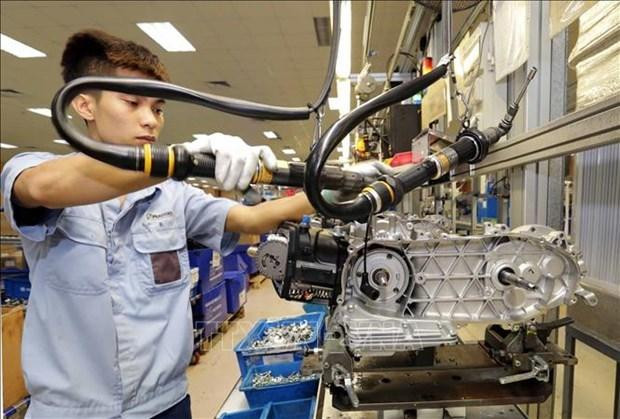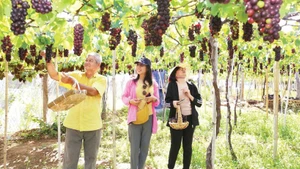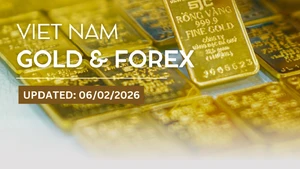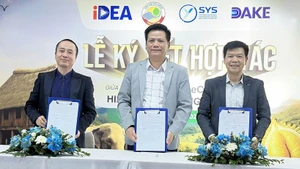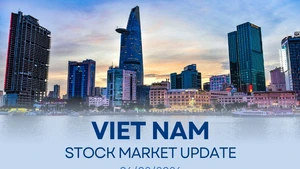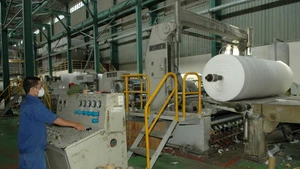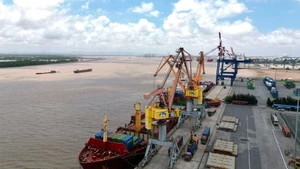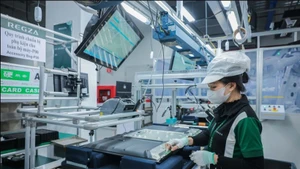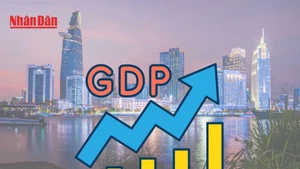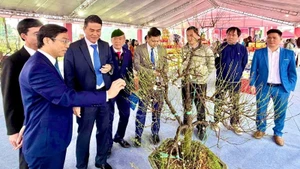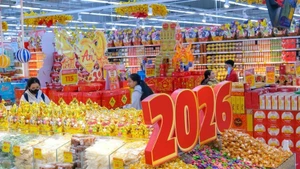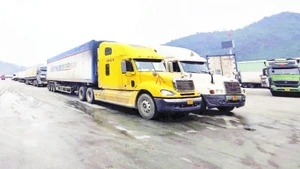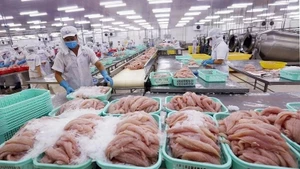The article said the EU has been making efforts to promote digital and green transformations not only within the union but also in developing countries and regions in Southeast Asia and Africa. Cooperation between the EU and the Association of Southeast Asian Nations (ASEAN) is expected to somewhat repair the international supply chains problems, rebooting the globalisation process that has been declining. EU regional partners, such as Vietnam have great potential to promote stronger and more effective cooperative relations for the benefit of their respective regions and citizens.
In its relations with the ASEAN, the EU has demonstrated its role as a reliable development partner, striving towards the ambitious goal of contributing to peace, stability, and prosperity of the two regions and globally. In this process, Vietnam has emerged as a strong partner in addressing emerging global and regional challenges. While many countries face difficulties and potential recession risks, Vietnam's economic growth continues to recover positively with GDP.
According to the article, Vietnam is the only country in the Asia-Pacific region and one of the four countries in the world that has its credit rating upgraded by Moody's. With its business and investment environment continuously improving, Vietnam is increasingly gaining stronger trust amongst foreign investors and in the international financial markets. In the first nine months of this year, foreign direct investment (FDI) in Vietnam was estimated at 15.4 billion USD, up 16.3% over the same period last year.
The Vietnamese government has particularly advocated to improve the quality and efficiency of FDI capital to the country, prioritising environment-friendly projects with advanced technology. This development has opened up new cooperation opportunities for EU and Vietnamese enterprises. With many similarities in political wills and strategic interests, Vietnam and EU member states have the potential to promote stronger and more effective cooperation, it added.
Global challenges, including climate change, pollution, and environmental degradation, are also of major concerns to Vietnam. Energy security has become a global issue, forcing many countries to adjust their use of fossil energy and reduce greenhouse gas emissions. Vietnam strives to become an active member of the Just Energy Transition Partnership (JETP) framework, launched by the G-7 group by remaining committed to become carbon neutral by 2050, phase out coal by 2040, end deforestation, and reduce methane emissions by 2030.
Furthermore, in October, Vietnam was elected to the UN Human Rights Council for the 2023-2025 term. It showed Vietnam's commitment to promoting and protecting human rights. With the new role, Vietnam will have the opportunity to contribute to the promotion of human rights in the world based on cooperation and dialogue.
About Vietnam’s relationship with the EU, the article said it is currently considered to be at its prime in history. From an aid recipient, Vietnam has now become an equal and mutually beneficial partner. Currently, Vietnam and the EU have close ties with many cooperative frameworks, such as the EU-Vietnam Free Trade Agreement (EVFTA), which took effect on August 1, 2020.
The EU is Vietnam's leading trading partner with the former being the third largest export market and the fifth largest import market of Vietnam. The EU is also the fifth largest foreign investor in Vietnam with a total registered capital of 27.6 billion USD by August 2022, it said.
